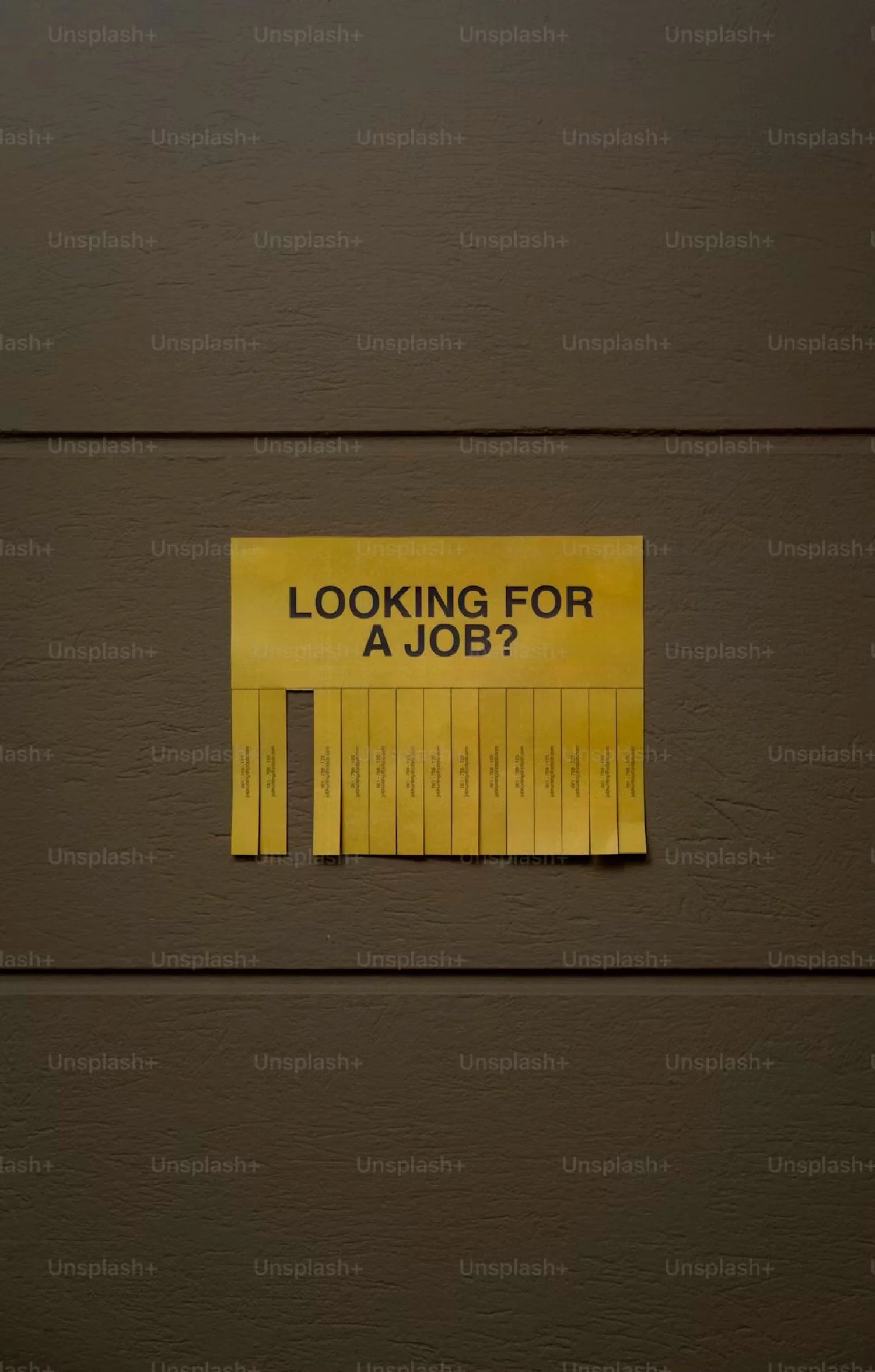Readings for today: Numbers 10-13, Psalms 90
Jesus once said, “Blessed are the pure in heart, for they shall see God.” He might have been talking about Moses. Moses was a humble man. In fact, he was more humble than anyone living on earth at the time. His humility was demonstrated over and over again throughout the course of his life. His leadership was a model of humility as he collaborated with others. One never gets the sense that Moses had any ambitions of his own. He simply lived to serve God and His people.
In our reading today, Moses’ humility is put to the test by his own family. Those closest to him. Those he loved and trusted the most. They became bitter and resentful towards Moses. They aspired to the same position and authority as Moses held among the people. More than anything, they were jealous of the unique relationship Moses had with God. “Is it only through Moses that God speaks? Doesn’t He also speak through us?” The obvious answer is “no.” God clearly wasn’t speaking through Aaron and Miriam like He was through Moses and He even goes on to tell us why. Moses is no ordinary prophet. He is God’s special servant with whom God speaks face to face.
If we’re honest, this grates a bit. We probably sympathize more with Aaron and Miriam. Believing rightly that all are equal in the eyes of God, we often make the false assumption that all are called to the same roles in God’s Kingdom. I see and hear it all the time. Men and women who look to those in authority above them in an organization and believe they can do as good a job or better. Those who are just getting started in their professional careers who believe they can do just as good a job as those who have years of experience. Even among pastors this dynamic often comes into play as associate pastors become jealous of the influence or the position or the authority of a senior pastor. In fact, this is so common most churches have special rules in place to make it harder for associate pastors to ascend to the senior pastor role! So we are more like Aaron and Miriam than we want to admit.
To see God, we must be pure in heart. We must have the purest of intentions. We cannot allow selfish ambition or vain conceit to get in the way. We cannot let our aspirations or dreams to become more important than God’s dream for our lives. We must learn to humbly accept the role God has called us to play in His Kingdom. We should not look to others and play the comparison game. We should not allow envy or jealousy to get in the way. We should fix our eyes on Jesus who humbled Himself and became our servant. We should follow the example of Moses who humbled himself and became a servant. After all, the greatest in the Kingdom are the servants which is why they shall see God.
Readings for tomorrow: Numbers 14-16, Psalms 95




